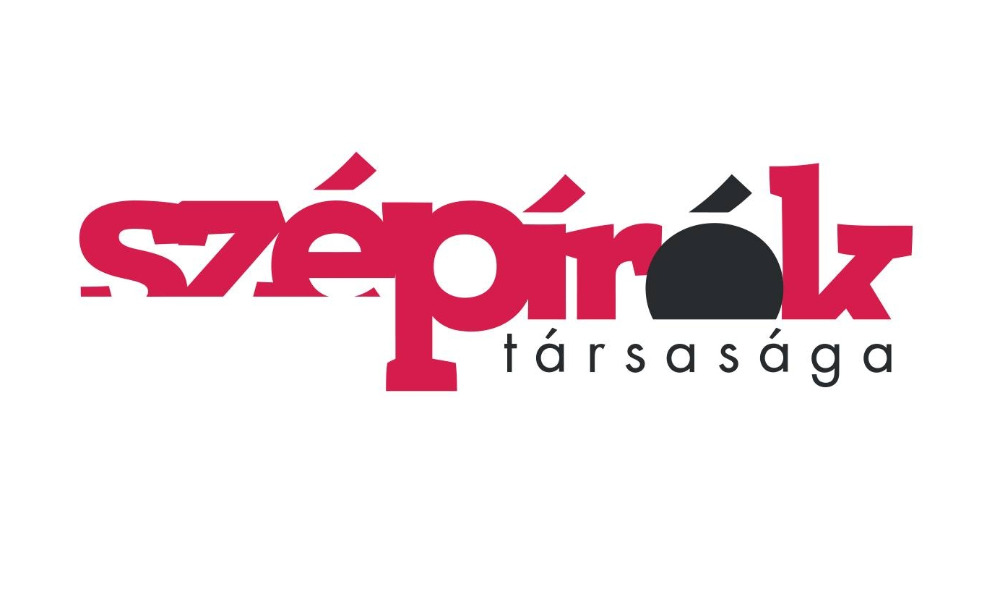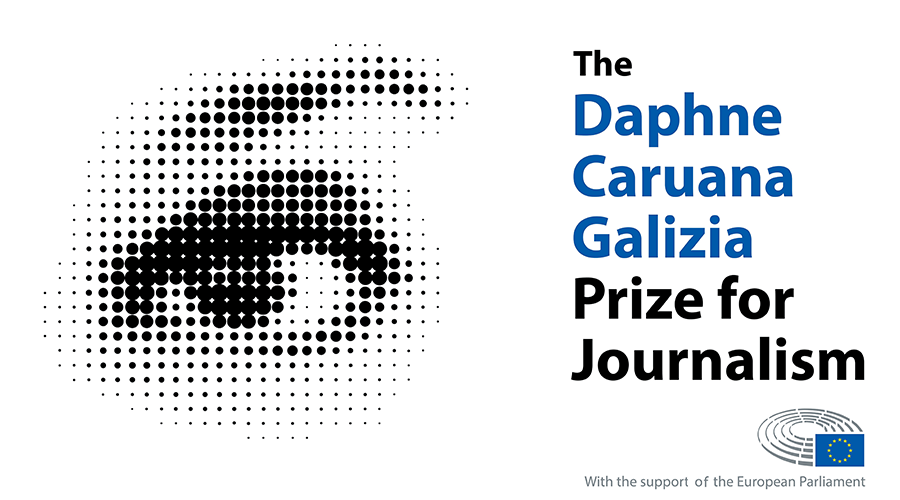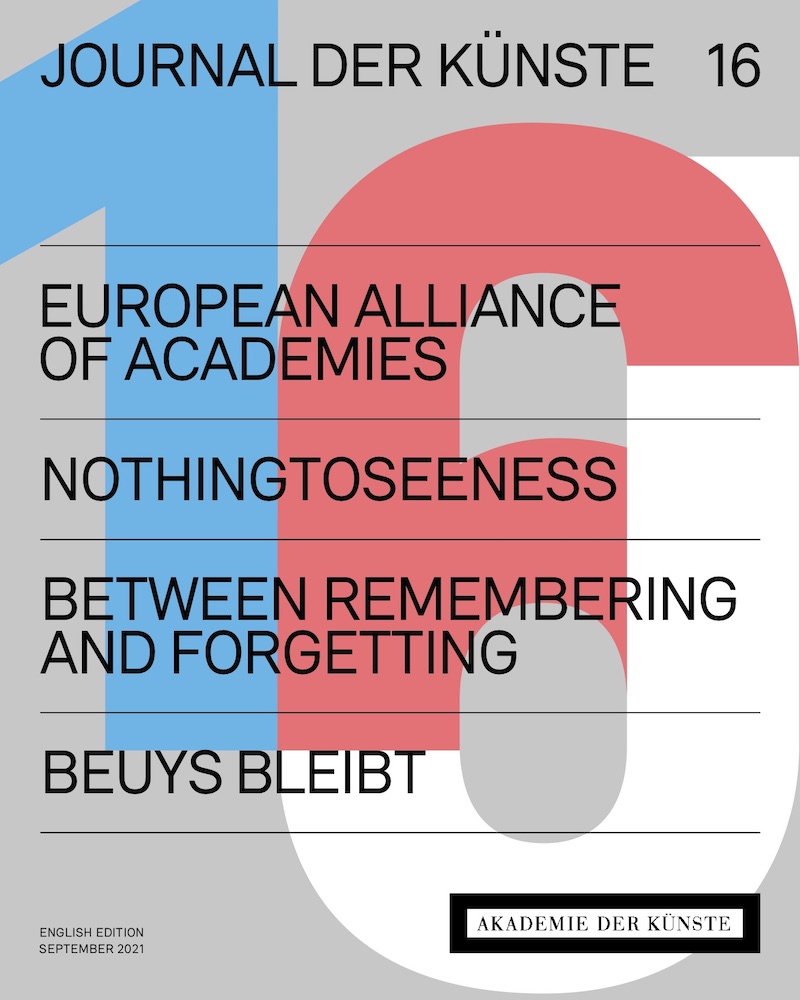Kategorie: News
24.01.2023

The National Cultural Fund in Hungary has cut the annual subsidy of the largest independent Hungarian writers‘ organisation by a third, making it impossible for the Society of Hungarian Writers to operate.
The Society was established in 1997 to promote contemporary literature and democratic cultural policies. Its almost 400 members include some of the internationally most acclaimed Hungarian writers as well as cultural journalists and cultural managers from across Hungary, and also writers and critics of the Hungarian minorities and diasporas, along with international translators and scholars of Hungarian literature.
Almost all of the Hungarian NGOs apply to the National Cultural Fund on a yearly basis, and then get more or less the same amount of donation every year. This time, the Fund radically reduced the funding by 66% and blocked the bank transfer for at least 4-5 months reasoning it with the current economical crisis. It means the possibility of a bankruptcy and it threatens the operation of the association in the very near future.
Inflation and the international increase of oil and gas prices effect all the European countries, but there is a strong belief that the Hungarian government uses this situation to eliminate local independent civil societies, or at the least makes it almost impossible for them to survive. Which means it is not only an economical but mostly a political question in Hungary.
The organisation is therefore trying to find a solution through a variety of means:
- contacting international literary and cultural advocacy organisations,
- approaching private sponsors to build a stable and growing sponsorship
- negotiating the expansion and continuation of ongoing national and international projects.
In addition to this, a fundraising campaign through community funding is necessary to ensure a stable operation. Subscribe for the future of independent contemporary Hungarian literature and support the crowdfunding campaign via ko-fi.com/szepiroktarsasaga

Writer Czinki Ferenc, president of Szépírók Társasága, one of the founding members of the European Alliance of Academies describes in his article for Kulturaustausch Magazine the difficulties of independent teaching and art in Hungary (in German language).
18.11.2022

The current issue of the Journal der Künste #19 gathers important topics and key actors of the European Alliance of Academies. The focus lays on the recently published platform LOOM Interweaving the Arts in Europe – a digital space for artistic collaboration of the alliance members and in which artists’ positions are juxtaposed with current political challenges. It is the latest project of the European Alliance of Academies.
Read the full article in the Journal der Künste here.
GOVERN YOURSELF ACCORDINGLY
by María José Crespo
María José Crespo’s video work Govern Yourself Accordingly is one of the ten selected positions that are published on the platform LOOM Interweaving the Arts in Europe. She reveals the interplay of the administrative, geographical, and psychological effects of the border wall between the USA and Mexico.
Read the full article here.

HOW DOES POLITICAL RADICALISATION THREATEN ARTISTIC FREEDOM IN EUROPE?
by Aleš Šteger
In his text “How Does Political Radicalization Threaten Artistic Freedom in Europe?”, writer Aleš Šteger explains the complex political, economic, and social conditions that are needed to safeguard freedom of the arts.
Read the full article here.
10.10.2022
„LOOM – Interweaving the Arts in Europe“ is online!

The European Alliance of Academies launches LOOM – Interweaving the Arts in Europe, a digital platform for transnational projects and artistic cooperation among the institutions and artists of the network, providing possible answers to current social and cultural questions.
LOOM is a digital space for the cause of freedom in the arts – a space in which artistic positions are juxtaposed with current political challenges. It aims at creating a digital territory that transcends the local reach of artists and institutions and “weaves” artistic practices in Europe, across borders, into a colourful tapestry.
In 2021 – in the midst of the Covid-19 pandemic – the European Alliance of Academies developed its first call for projects based on the topic of biopolitics: Ignorance is Strength? Artistic Expression and Biopower in the (Post)Pandemic Age. Digital residencies provided artists who are associated by the institutions of the European Alliance of Academies with the space to reflect on their own practices in the aftermath of the pandemic and in the context of current social and political changes.
The first twelve virtual residents were announced in January 2022 and today with the launch of LOOM – Interweaving the Arts in Europe we proudly present:
Iulian Bisericaru, I prefer the old Green
Larisa Crunțeanu, 12 Years
Cássio Diniz Santiago, Synthax of Care
María José Crespo, Govern yourself accordingly
Luïza Luz, Privilege of Dreaming
Rebecca Merlic, Željko Beljan, Truth Is a Forgotten Memory
Karina Pino Gallardo, Ricardo Sarmiento Ramírez, Mund auf
Dimitrina Popova, The five Houses
Jovana Popić, Controlling Future: Technologies of Resistance
Anahita Razmi, Generics
The international jury was composed of Liesbeth Bik (artist, chair of the Akademie van Kunsten KNAW), Arnold Dreyblatt (artist, composer, musician, member of Akademie der Künste), Kristoffer Gansing (director of the International Center for Knowledge in the Arts – The Royal Danish Academy of Fine Arts), Anca Poterasu (director of the Romanian Association for Contemporary Art), Cristina Stonescu (curator of the Romanian Association for Contemporary Art), Josip Zanki (artist, vice president of the Croation Association of Fine Artists) and Siegfried Zielinski (media theorist, member of the Akademie der Künste). We would like to express our deep gratitude for this new opportunity for cooperation.
The artists will have the possibility to present their projects at the next conference of the European Alliance of Academies, entitled „Freedom of Art in Times of War“, taking place 15-16 December 2022 at Akademie der Künste, Berlin.
20.09.2022
The National Academy of Arts of Ukraine joins the European Alliance of Academies

We are pleased to welcome the National Academy of Arts of Ukraine as the newest member to the European Alliance of Academies. After the Alliance officially condemned the war in Ukraine and expressed its support for the inclusion of institutions outside the European Union, the National Academy of Arts of Ukraine was unanimously accepted.
The National Academy of Arts of Ukraine (NAM of Ukraine) is a high public scientific and artistic institution founded in 1996, according to the Presidential Edict about the establishment of a self-governed academic institution in the field of culture and art. In 2010, with the next Presidential Edict, the Academy gained the status of the national organization.
In total, the Academy is presented today by 104 academicians and members-correspondents. They are divided by profile sections: fine arts, music, film art, history and theory of arts, and synthesis of plastic arts. Besides, there are 38 foreign members and 27 honored academicians.
According to the statutory provisions of the National Academy of Arts of Ukraine, the main activities are the following, among other: conducting fundamental and applied scientific researches on creative art, history and theory of Ukrainian art, art critics, art and esthetic education; conducting exhibitions and other presentation events; developing the scientific and cultural cooperation with foreign scientists and artists; studying and generalizing the scientific and creative experience of national and world culture personalities, promotion of scientific knowledge and creative achievements of the national art at the global level. There are two research institutes under the jurisdiction of the National Academy of Arts of Ukraine: the Modern Art Research Institute (MARI, founded in 2001) and the Institute for Cultural Studies (ICS, founded in 2007).
Today, the National Academy of Arts of Ukraine is a focal point around which artists and scientific researchers of different genres and fields are united, as well as art and culture high schools and centers. You can read a statement of Academy-President Prof. Victor Sydorenko here.
8.09.2022
Short video shows motivation behind the committment

The summer is over and the European Alliance of Academies is starting into autumn 2022 with many projects. In the coming weeks, we would like to introduce you to the people and institutions that are driving our Alliance forward with their ideas and visions. At the last meeting at Akademie van Kunsten in Amsterdam, we asked what the Alliance means to its members – here are the answers. Please subscribe to our Social Media Channels on Facebook, Instagram and Twitter to get more updates!
17.07.2022

The Daphne Caruana Galizia Prize for Journalism rewards outstanding journalism work that promotes or defends the core principles and values of the European Union such as human dignity, freedom, democracy, equality, rule of law, and human rights. Daphne Caruana Galizia was a Maltese journalist, blogger and anti-corruption activist who was killed in a car bomb explosion in 2017. In October 2021, the European Parliament started awarding The Daphne Caruana Galizia Prize for Journalism on a yearly basis. The aim is to support and highlight the importance of professional journalism in safeguarding freedom, equality and opportunity.
This year’s call for submission of entries is open until 31 July 2022, 12 noon (CEST).
The €20,000 annual prize will be awarded to journalists or teams of journalists based in the European Union. The winning article will be chosen by an independent jury.
Learn more about the Prize rules on the The Daphne Caruana Galizia Prize for Journalism website daphnejournalismprize.eu
19.10.2021

After the students and teachers of University of Theatre and Film Arts, Budapest (SZFE) occupied their university building for 71 days in autumn 2020 to fight for the freedom and independence of the university, the Freeszfe Society, an independent creative, educational and cultural space, was founded in February this year.
Former and current students, teachers and staff of SZFE work together here autonomously and democratically in a free atmosphere of creative work and education. For example, they run the educational programme „Emergency Exit Program“, which is a cooperation on a European level that won the European Citizen Award and enables Freeszfe students to successfully graduate.
Robert Wilson, Theatre director and member of Akademie der Künste in Berlin supports the movement: “I consider it my civic duty to state that I do not agree to the gutting of educational and artistic independence and freedom, nor to the unhealthy concentration of too much power and influence in the hands of a few” – Robert Wilson; Paris, September 17, 2021
At the moment, the members of the Freeszfe Society do the work necessary for the survival of society without any compensation: they teach, manage, plan, organise. Moreover, students who have left SZFE and joined Freeszfe have lost their benefits – their scholarships, their health insurance and the possibility of a student loan, which used to be guaranteed by the state. Freeszfe also faces the challenge of finding permanent premises in Budapest for the future.
A fundraising campaign is currently underway. Any support that the Freefsze Society receives will help the students with their exams (films and productions) and secure them some scholarship:
#supportfreearteducation #freeszfe
patreon.com/freeszfe
23.09.2021

Over summer break, the work of the European Alliance of Acadamies continued: Important topics and interviews with key actors of the Alliance are part of the current issue of the Journal der Künste #16. The continous dialogue with our partners in the Czech Republic, Poland and Romania has resulted in contributions to the current issue. All contributions help to illustrate the different realities of life in Europe.
Read the full article in the Journal der Künste see here.
ON THE VALUE OF BEAUTY
IN THE FIGHT AGAINST HATE
Journalist Matthias Krupa (Zeit Online) interviews Dominika Kasprowicz (Villa Decius) and Philipp Ther (University of Vienna) on the question of where the negative emotions in the sociopolitical debates of our time come from – and what we can do to counteract the division of Europe.
Read the full article here.
WHEN FREEDOM DIES
At the suggestion of Martin Krafl (Czech Literary Centre), a text by Czech writer Radka Denemarková has been included, in which she traces historical conditions at the interface between Neoliberalism and Capitalism on the one side and human rights, democracy and freedom of opinion on the other.
Read the full article here.

BETWEEN TWO WORLDS
AN ARCHIVE OF ABSCENCE
The photographs by Matej Bejenaru show examples of the voids left at former places of research and innovation after the transformation in some European countries. I would like to extend my heartfelt thanks to Anca Poterasu and Cristina Stoenescu (The Romanian Association for Contemporary Art) for contextualising the content of his photographs.
Read the full article here.

19.07.2021

The Daphne Caruana Galizia Prize for Journalism was created on 16 October 2020 in honour of Maltese investigative journalist and blogger Daphne Caruana Galizia, who campaigned against corruption and was murdered by a car bomb in 2017.
The prize, sponsored by the European Parliament, is awarded annually for work by journalists from the European Union and aims to reward outstanding and informed journalistic work on issues that promote and defend the EU’s fundamental values.
This year’s applications are open until 1 September 2021.
The prize is worth 20,000 euros and is open to all professional journalists and journalism teams. Nationality is not a factor. Journalistic contributions that have been published or broadcast by media in one of the 27 EU Member States can be submitted.
The award ceremony will take place in mid-October around the anniversary of the murder of Daphne Caruana Galizia on 16 October.
Further information: daphnejournalismprize.eu
22.06.2021
Declaration of the Society of Hungarian Authors
The Hungarian Parliament has recently discussed and adopted the proposal on „Stricter action against paedophile offenders and the amendment of certain laws for the protection of children“, the following passage of which has become the most known and controversial: „For the purposes of this Act and to ensure the rights of the child, it is prohibited to make pornographic content available to children under the age of eighteen, as well as content that depicts sexuality in an autotelic way, or promotes or displays gender non-conformity, gender reassignment or homosexuality.”
You do not need to be a legal scholar or a linguist to see, from the title alone and then in detail in the text of the law itself, how it attempts to confuse the case and the need for stronger, necessary action by the authorities against paedophilia with drastic restrictions on freedom of expression and artistic freedom and fundamental human rights. For political purposes, it deliberately juxtaposes, distorts, and obscures things that do not belong together. After all, representation is no more the same as promotion than homosexuality and paedophilia. The right-wing and fascism. The left and the communist. The Hungarian person and the supporters of the governing party (and vice versa). The refugee and the terrorist. Public money and private property. Information and propaganda. The government and masterfulness. The list goes on and on.
If we interpret the law literally, and we can do no other, it is clear that, on this basis, an important part of world literature, other arts and, in essence, universal culture is being removed from public education and relegated to the late-night time slot in the media. Among them, the works of many of our fellow writers may not be graduation subjects in the future. The Hungarian Government has thus forced through parliament a completely pointless, slipshod and predictably unenforceable law, which could hardly have had any other purpose than: 1. to kick-start the election campaign; 2. to break up the opposition coalition; 3. to violate the human dignity and make impossible the lives of various groups of its citizens for petty power-political ends. And not least, as an incidental success, to take another decisive step towards the broadest possible restriction of freedom of expression and artistic expression.
The Society of Hungarian Authors protests against the restriction of fundamental freedoms, the divisive and harmful policies of the Hungarian government, and the introduction and enforcement of the law. At the same time, if the government’s plan is indeed to protect Hungarian youth, who are raised on today’s mass media platforms, who consider the free choice and consumption of different content as a fundamental principle, and who are otherwise open, sensitive, enlightened and informed, from themselves, without asking, well, we wish them good luck with that.
We fear, however, that this was not the idea. In that case, the situation is much more serious than the text of a law would suggest. We have reached what is likely to be a memorable point in historical descent, where every responsible Hungarian citizen has a duty to resist.
The Board of the Society of Hungarian Authors
